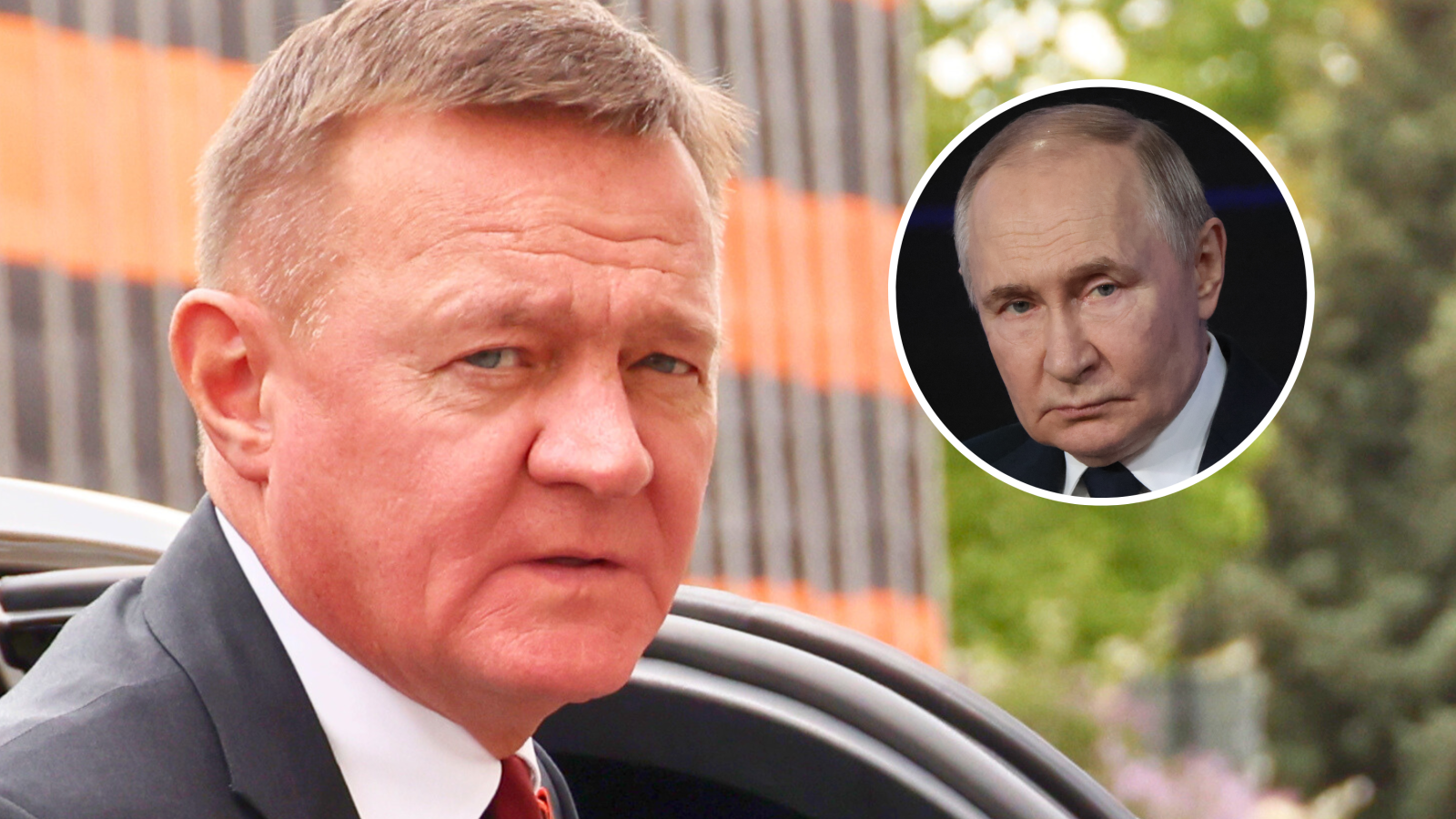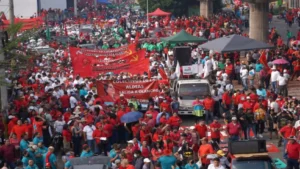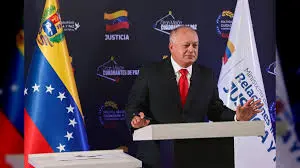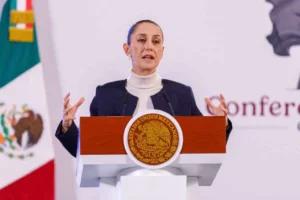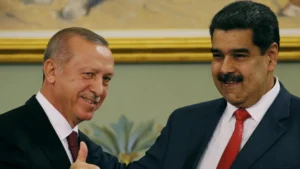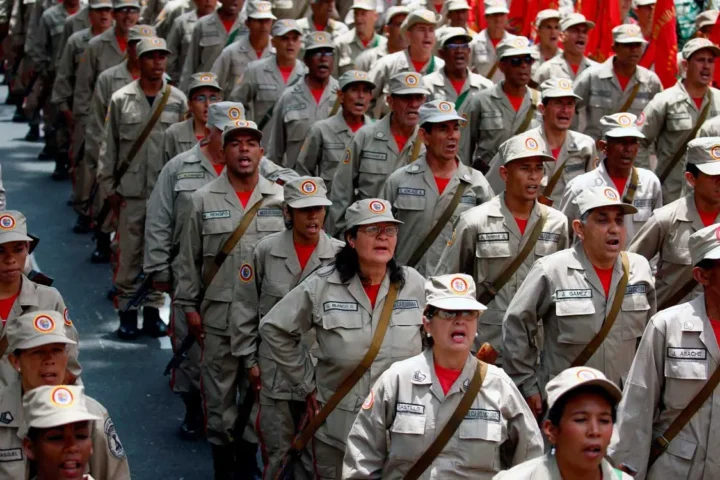A rare death in office exposes rifts inside Russia’s wartime bureaucracy
Roman Starovoit, Russia’s transport minister and former governor of the Kursk region, was found dead with a gunshot wound in his Tesla on a parking lot in Odintsovo, near Moscow, on Sunday, just hours after President Vladimir Putin signed a decree removing him from office. His death, officially described as a suicide, marks the first known case in over three decades of a sitting Russian minister dying under such circumstances in connection with criminal prosecution according to local media.
The Kremlin was quick to downplay the significance of the dismissal, insisting Starovoit had not lost Putin’s trust. But the broader context tells a different story. Starovoit had recently come under criminal investigation for alleged fraud and embezzlement during his tenure as governor, particularly involving large-scale irregularities in the construction of fortifications in the Kursk border region — a project framed as vital to national defense amid the war in Ukraine.
Shadow of a corruption scandal
The investigation into Starovoit was reportedly launched under articles related to fraud and misappropriation of state funds. According to regional outlet, his former subordinate, ex-governor Alexei Smirnov, provided testimony that implicated Starovoit in a scheme of kickbacks and misused defense infrastructure funds. The alleged corruption in these fortification projects — intended to secure the Russian-Ukrainian border near Belgorod and Kursk — has become a flashpoint in Russia’s internal struggle between administrative collapse and wartime bureaucracy.
The abrupt nature of Starovoit’s death has led some analysts and former officials to question whether it was a true suicide or a concealed assassination. Speaking to General Rutskiy called the incident “deeply troubling,” noting that not even former high-ranking generals close to dismissed defense minister Sergei Shoigu, many of whom are now in prison, had taken similar steps. “This sends a signal,” he added, “that the system is consuming itself.”
Second death in a single day raises further questions
On the same day, a second official died inside the transport ministry. Alexey Korneichuk, deputy head of property management at Roszheldor — the state rail agency — collapsed and died during a staff meeting at the ministry’s building on Stara Basmannaya Street in Moscow. Preliminary reports cite heart failure, but the coincidence of two deaths on the same day within the same ministry has not gone unnoticed by Russian commentators.
The deaths are unfolding against the backdrop of rising internal pressure on Russia’s governing elite as the war drags on and sanctions bite deeper. Critics argue that the once-untouchable power structures are beginning to crack — exposing systemic rot, criminal collusion, and eroding discipline among officials who built careers on opaque defense contracts and wartime logistics.
The elite under strain
For many in the Russian elite, Starovoit’s death has become a symbol of a broader implosion. In contrast to the code of silence that usually protects high-ranking insiders, the fact that Starovoit’s former ally testified against him — and that the investigation became public — indicates a breakdown in the loyalty networks that traditionally shield the top echelons of Russian power.
The timing is also significant. With war expenditures skyrocketing, a shrinking economy, and repeated failures at the front, the Kremlin is under mounting pressure to root out inefficiencies and punish scapegoats. But this process appears to be tearing through the very structures meant to uphold state power.
As suspicions swirl around whether Starovoit took his own life or was silenced to prevent him from revealing further names, one reality becomes clear: the war is not only claiming lives on the battlefield. It is unraveling the fragile cohesion of a regime built on secrecy, loyalty, and selective impunity. And as state coffers run dry, those once entrusted with guarding the national interest may instead become liabilities — dealt with in silence, or erased entirely.
